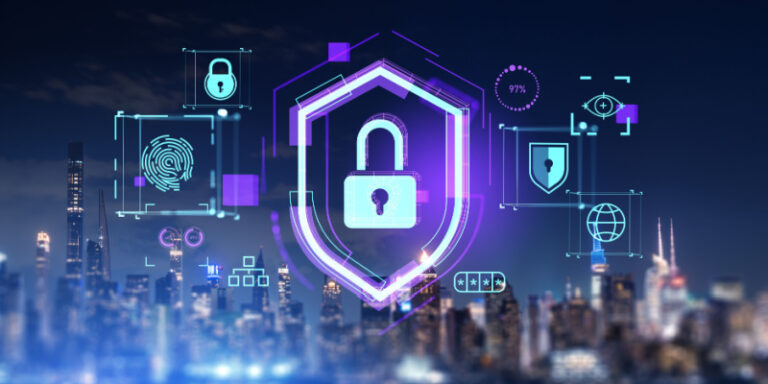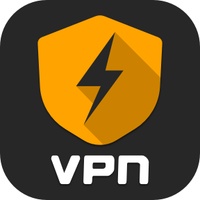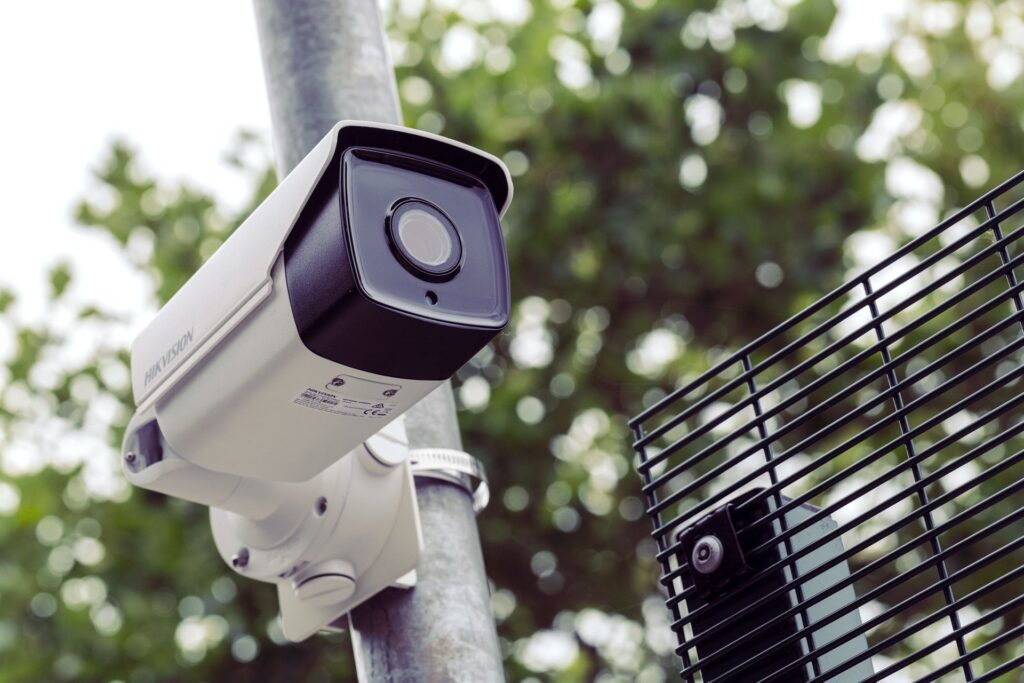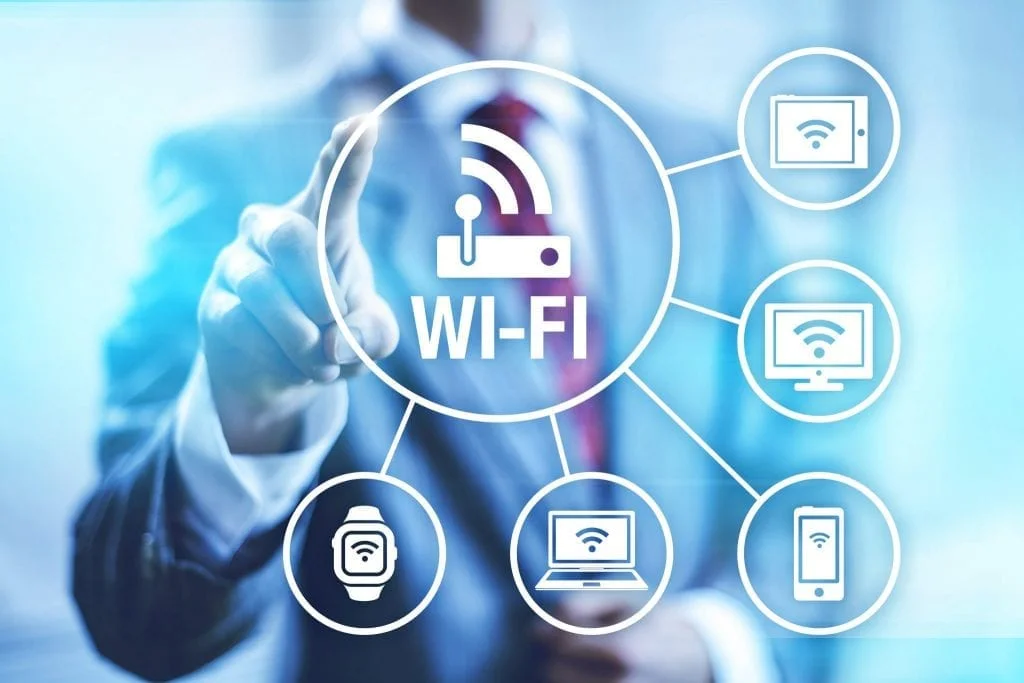In today’s digital age, our online communications are a constant thread in the fabric of our lives. We use email, messaging apps, social media, and video conferencing for everything from casual conversations to business deals. However, this convenience comes with the potential risk of exposure to prying eyes. Fortunately, there are steps you can take to safeguard your online interactions and ensure your privacy. One of the most fundamental practices is building strong password habits. Ditch the easily guessable birthday or pet’s name routine. Instead, create complex passwords using a combination of upper and lowercase letters, numbers, and symbols. Do not reuse passwords across different platforms, and consider using a password manager to help you generate and store unique passwords for each account. Being mindful of what information you share online is another crucial step. Oversharing personal details on social media can make you vulnerable to targeted scams or identity theft.

Think twice before posting your home address, phone number, or birthdate. Review your privacy settings on social media platforms and limit who can see your posts. Public Wi-Fi networks, often found in coffee shops or airports, can be convenient, but they come with inherent security risks. Since these networks are not always encrypted, data transmitted over them can be intercepted by eavesdroppers. For sensitive online activities like banking or online shopping, it is best to stick to secure, password-protected networks. When it comes to emails and attachments, vigilance is key. Phishing scams often use emails disguised as legitimate sources like banks or credit card companies. These emails typically contain malicious links or attachments that can steal your personal information. Be cautious of unsolicited emails, even if they appear to come from a known sender. Never click on suspicious links or open attachments from unknown sources.
Verifying website Cyber Security is another important layer of protection. Look for the padlock symbol in the address bar and ensure the URL begins with HTTPS instead of HTTP. HTTPS indicates a secure connection that encrypts data flowing between your device and the website, making it more difficult for hackers to intercept sensitive information. Beyond these core practices, there are additional tools you can leverage for enhanced online communication security. Virtual Private Networks VPNs encrypt your entire internet traffic, making it virtually impossible for anyone to track your online activity or steal your data, especially on public Wi-Fi. For truly private communication, consider using encrypted messaging apps that offer end-to-end encryption, where only the sender and recipient can read the messages. By following these guidelines and adopting a security-conscious approach, you can significantly improve the privacy of your online communications. Remember, a little caution goes a long way in safeguarding your sensitive information and ensuring a safe and secure online experience.






